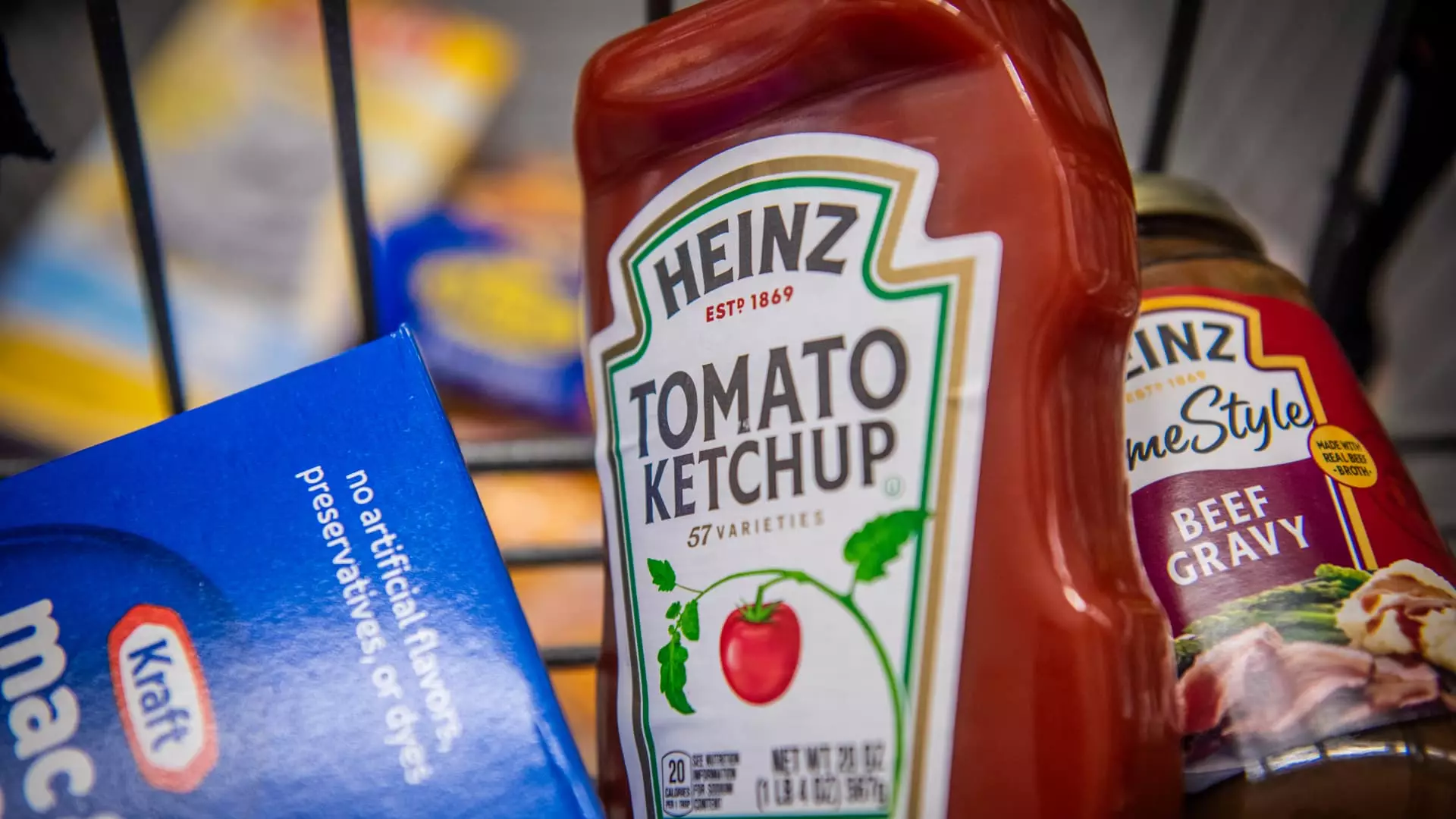In an impressive display of resilience, Walmart’s shares surged nearly 5%, setting a new record high. This remarkable uptick followed the retail giant’s announcement that it had surpassed fiscal third-quarter earnings and revenue expectations. Walmart’s success can be largely attributed to its expanding e-commerce presence, alongside a notable increase in sales beyond grocery items. The company also raised its outlook for future quarters, indicating confidence in its growth trajectory. This reflects a strategic pivot that has allowed Walmart to effectively compete in a changing retail landscape, where digital sales are becoming increasingly significant.
In a surprising twist, Super Micro Computer’s stock skyrocketed by 29.2% after the company appointed BDO as its new auditor, taking over from Ernst & Young, which had recently stepped down. This change is seen as a fresh start for the company, particularly after the turbulence surrounding its previous accounting practices. Additionally, Super Micro outlined a compliance plan to the Nasdaq, signaling its commitment to adhering to exchange regulations. The stock’s sudden rise reflects investor optimism about the company’s direction, especially as it seeks to regain credibility in the market.
Contrasting the bullish trend in some sectors, Lowe’s shares dipped over 3% despite reporting a better-than-expected third-quarter performance. The home improvement retailer’s decision to lower its sales forecast for 2024 overshadowed its quarterly achievements. This paradox highlights the challenges retailers face as investors often prioritize future performance over current results. Lowe’s situation serves as a reminder of the volatility within retail, where even strong quarterly earnings can be eclipsed by conservative future projections.
Kraft Heinz experienced a marginal decline of approximately 1% following a downgrade from Piper Sandler, which adjusted its rating from overweight to neutral. The investment firm cited the company’s ongoing struggle to rejuvenate retail sales, particularly in its Lunchables brand, as a significant concern. Additionally, complicating factors like potential political shifts—such as the involvement of Robert F. Kennedy Jr. in the upcoming Trump administration—are seen as risks that could influence Kraft Heinz’s performance moving forward.
On a more positive note, Insmed’s shares climbed by over 8% after the company discontinued a $500 million equity sales agreement with the healthcare investment firm Leerink Partners. This decision, perceived as a strategic shift, positions Insmed to potentially pursue more favorable financing arrangements. Investors reacted positively to this news, illustrating a broader sentiment that emphasizes the importance of strategic financial decisions within the biotech sector.
Despite exceeding Wall Street’s earnings estimates, Viking Holdings’ stock decreased by 1%. The company’s proclaimed adjusted earnings of 89 cents per share on revenues of $1.68 billion outperformed analyst predictions. Yet, the market did not respond favorably, demonstrating an intriguing disconnect between impressive earnings and investor expectations. Investors may be exercising caution, even amid strong bookings for the 2025 cruising season, reflecting the unpredictability of the travel sector as it continues to navigate post-pandemic recovery.
Amid the varied market responses, automation technology firm Symbotic stood out with a remarkable 26.2% increase in its stock price following robust fiscal fourth-quarter revenue that comfortably exceeded forecasts. Reporting revenue of $576.8 million, significantly above the anticipated $470.2 million, Symbotic’s ascent underscores the increasing reliance on automation solutions within the retail and logistics industries. Additionally, the company provided strong guidance for the upcoming quarter, further enhancing investor confidence.
Finally, H&R Block and Intuit both faced declines in their stock prices, dropping by 7.4% and 5.4% respectively, after reports emerged about a potential new mobile app for tax filing initiated by President-elect Donald Trump’s Department of Government Efficiency. This development casts uncertainty over traditional tax preparation services, leading investors to reassess the future landscape of the tax filing industry. As disruptions loom, these companies will need to innovate continually to maintain their competitive edge in a digitizing world.

